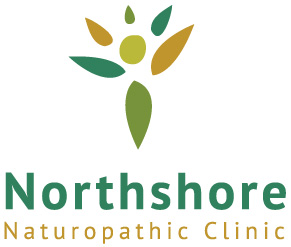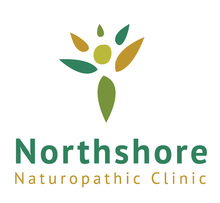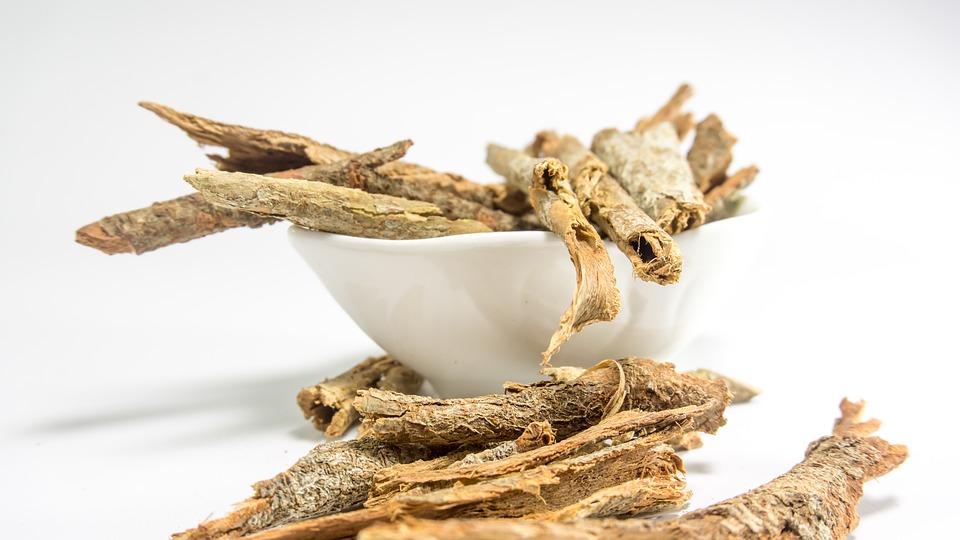In addition to being an excellent source of high-quality protein, salmon also contains healthy fats. It is rich in omega-3 essential fatty acids, particularly DHA (docosahexaenoic acid) and EPA (eicosapentaenoic acid). These omega-3 fatty acids have been found to improve brain function, decrease the risk of cardiovascular disease, and have broad-acting anti-inflammatory properties. Although salmon is an oily fish, it is low in saturated fat, especially when compared to red meat or chicken.
This nutrient-rich fish also contains selenium and vitamins B6, B12, D, and E. Choose wild salmon over farmed salmon—farm-grown varieties may contain PCBs (polychlorinated biphenyls), dioxins, growth hormones, and antibiotics.
Salmon can be poached, steamed, broiled, baked, or added to salads and stir-fries. See this month’s recipe for Asian Salmon and Rice Salad.
Note: For more information on the importance of essential fatty acids, see Eating Alive II for an article by Udo Erasmus. Udo is an international authority on fats, oils, cholesterol, and human health.



